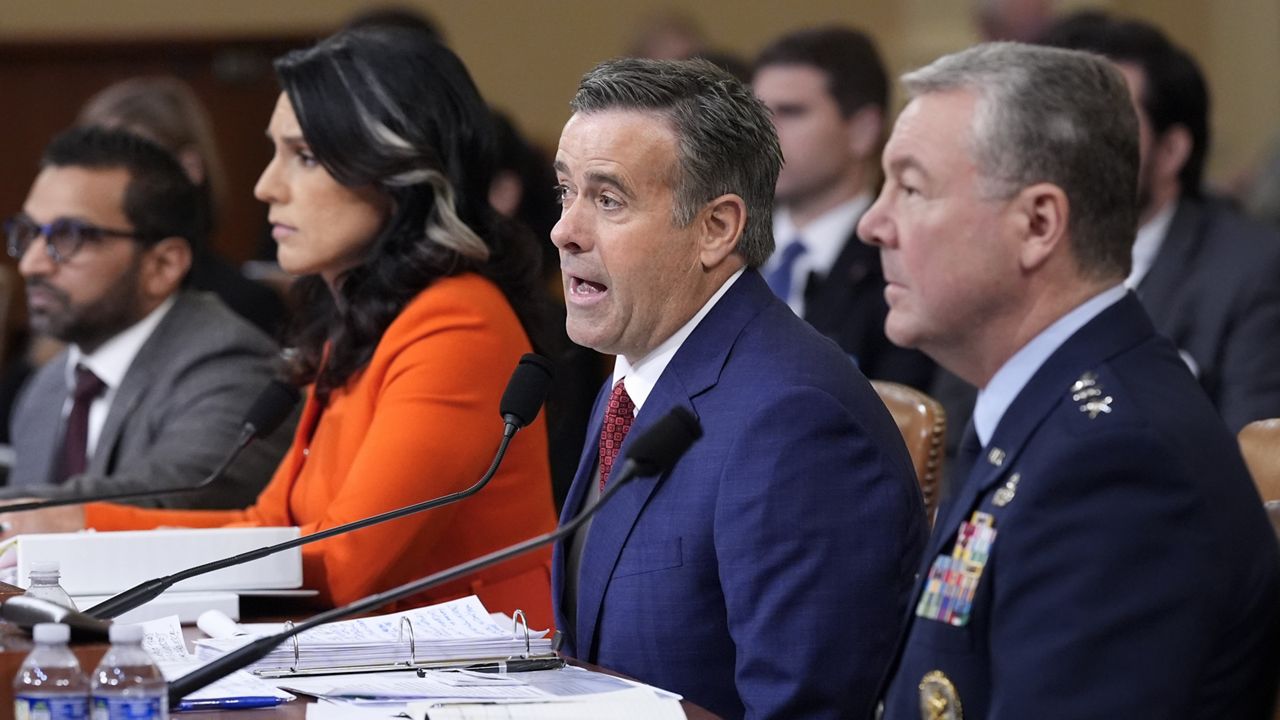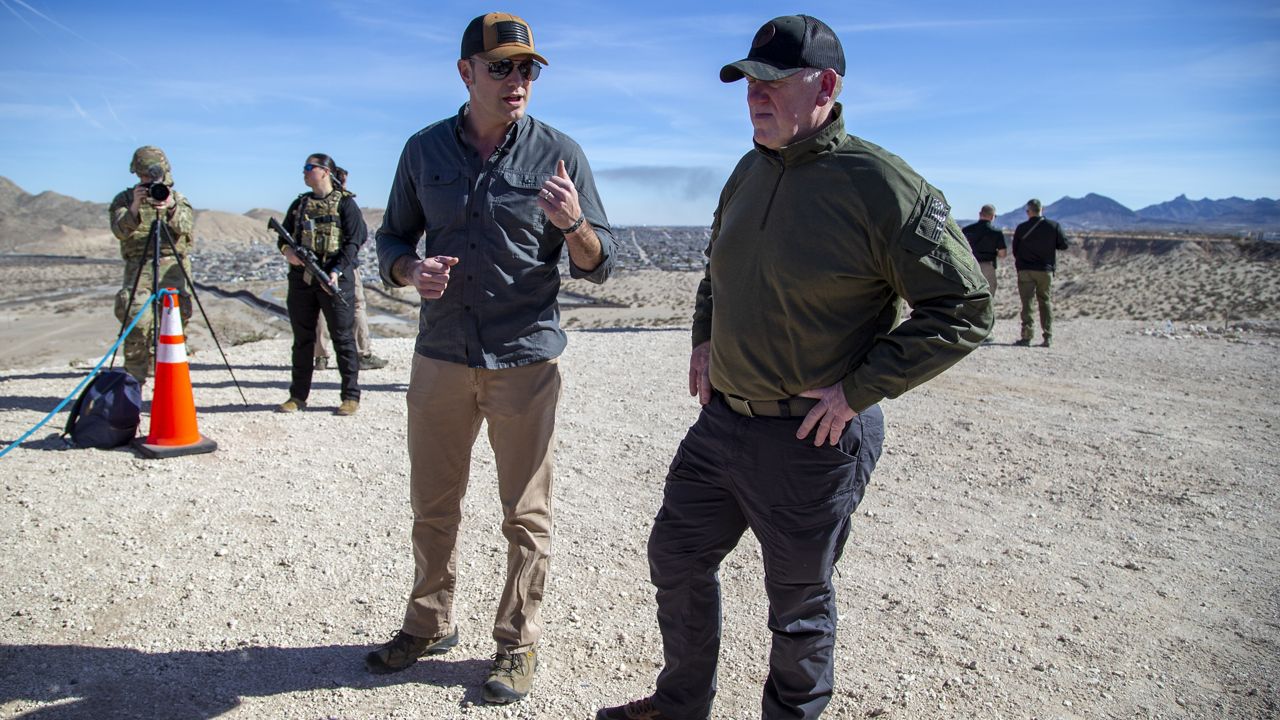WASHINGTON — If President-elect Donald Trump wants to conduct a mass deportation operation, he would need more detention space to hold and process the nation’s undocumented Immigrants. But immigration experts say building and operating these facilities will present an enormous challenge.
Trump’s designated border czar, Tom Homan, visited Texas before Thanksgiving, promising mass deportations.
“You can’t have strong national security if you don’t have border security,” Homan told members of the Texas National Guard during his visit.
Meanwhile in Starr County, the Texas Land Commissioner offered additional state land for processing and detaining undocumented immigrants. But immigration experts have questions.
“The thing that's kind of challenging here is, you know, who would it be holding? Would it be holding people with final orders of removal who don't need access to courts? Would it be holding families? Would it be holding only people that we don't have the ability to quickly remove? Would it be holding people who we can quickly remove?” Laura Collin, director of the Bush Institute-SMU Economic Growth Initiative, said.
There is little doubt the deportation program that Trump promises would require the government to create more detention space. U.S. Immigration and Customs Enforcement has around 42,000 beds under current congressional funding. But there are at least 11 million undocumented immigrants in the U.S.
Collins says federal law requires different detention standards for different populations. As an example, she cites the needs for families.
“Those are more vulnerable populations. The standards there are a lot different, and there's also limitations on how long you can detain children and families,” Collins said. “It's not as simple as just saying, ‘Well, we're going to detain people until we can remove them,' and there are lots of other restrictions and checks and balances go into that."
Trump’s hardline immigration adviser Stephen Miller has floated the idea of building large-scale staging areas near the Texas-Mexico border.
As has been the case under previous administrations, ICE is expected to lean on local counties and cities, as well as private contractors.
Immigrant and civil rights groups say they are preparing to challenge the incoming administration’s efforts.
“We're incredibly concerned about increased use of immigration detention, because the ICE detention system is plagued by rampant abuse, including lack of medical and mental health care, that in some very tragic instances, have led detained people to to serious illness, suicide or death,” Eunice Cho, senior staff attorney at the ACLU National Prison Project, told Spectrum News.
Experts say implementing a mass deportation plan could cost hundreds of billions of dollars. Trump has vowed to proceed regardless of the expense.









)



